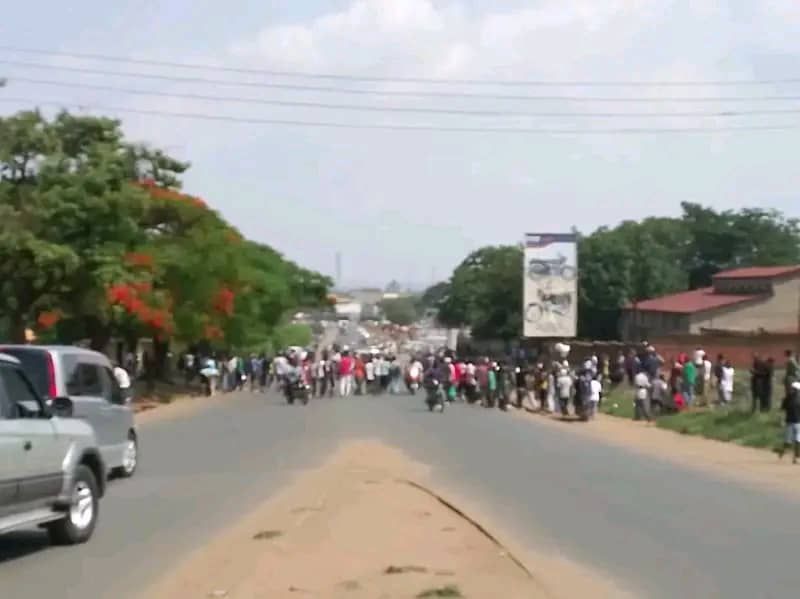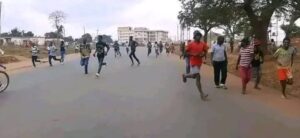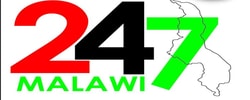By Burnett Munthali
In a dramatic turn of events today, protesters in Lilongwe have been teargassed by security forces during ongoing demonstrations, sparking concerns about the increasing use of force to manage public unrest. The protests, which were organized by various civil society groups, have centered on issues related to political accountability, economic hardships, and demands for government reforms.
Witnesses reported seeing thick clouds of tear gas enveloping the streets as security personnel attempted to disperse the crowd. The protesters, many of whom had gathered to voice their dissatisfaction with the current political climate, were met with a heavy-handed response from the authorities. Videos shared on social media show individuals running for cover, some appearing visibly affected by the tear gas.

The escalation of violence has drawn criticism from various sectors of society, with human rights organizations and political analysts expressing concern about the use of excessive force against peaceful demonstrators. While the government has yet to issue an official statement regarding the incident, it is clear that this latest response to public dissent is likely to further polarize the already tense political environment in Malawi.
This incident marks a significant moment in the ongoing protests that have swept across the country, where demonstrators have been calling for greater transparency, an end to corruption, and urgent economic reforms. The use of tear gas, which is often seen as a tool for crowd control, has raised questions about the government’s approach to handling public dissent and the rights of citizens to peacefully protest.
The tear gas incident is not the first time security forces have clashed with protesters in recent months. In previous demonstrations, reports of violent confrontations and arbitrary arrests have been recorded, further fueling frustration among citizens who feel their voices are being ignored by the government.
The reaction from the public has been mixed, with some condemning the heavy-handed approach of the authorities, while others argue that it is necessary to maintain order in the face of potential disruptions. Regardless of one’s stance, the use of tear gas today highlights the deepening divisions within Malawi’s political landscape and the growing tension between the government and those demanding change.
As the situation continues to unfold, it remains to be seen how the authorities will respond moving forward. What is clear, however, is that today’s events in Lilongwe have intensified the already volatile political climate, and the calls for reform, accountability, and respect for democratic rights are becoming louder and more urgent.
The eyes of the nation are now firmly fixed on how the government will handle these protests in the coming days, and whether dialogue can replace confrontation in the pursuit of a more transparent and accountable government.











